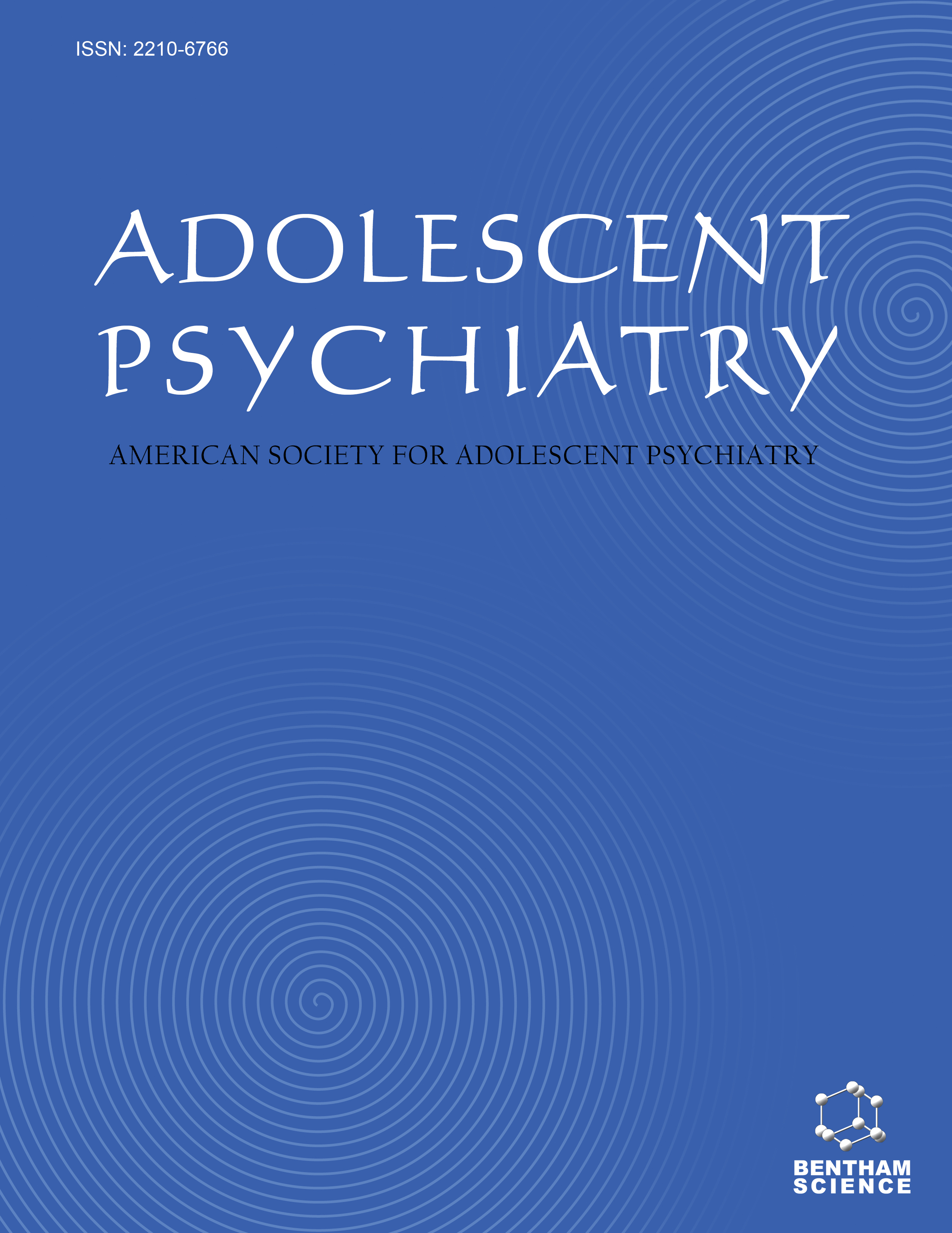-
s Maternal Awareness of Adolescent Bullying Victimization in a Low-Income Context
- Source: Adolescent Psychiatry, Volume 10, Issue 1, Mar 2020, p. 29 - 40
-
- 01 Mar 2020
Abstract
Background: Adolescents and parents often disagree about the perception of bullying victimization since adults tend to underestimate its occurrence. Objective: This study identifies factors that can influence maternal perception of bullying victimization experienced by her son/daughter in the past 12 months. Methods: This cross-sectional study involved a representative sample of in-school adolescents (n=669, 11-15-years) living in Itaboraí city, Brazil (mean age±SE: 13.01±0.07 years; 51.7% females). A 3-stage probabilistic sampling procedure (random selection of census units, eligible households and target child) generated sampling weights. Trained lay interviewers individually applied semi-structured questionnaires to mothers and adolescents in the households. Multivariable logistic regression analysis examined factors potentially influencing maternal perception of bullying victimization experienced by her son/daughter: adolescent gender and age, adolescent self-perceived bullying victimization, exposure to severe physical punishment by parents, internalizing/externalizing behaviour problems identified by the Youth Self-Report/YSR, maternal education and maternal anxiety/depression identified by the 20-item Self-Reporting Questionnaire/SRQ-20. Results: Univariable logistic regression analysis identified a strong association between adolescent self-perceived bullying victimization and maternal perception of bullying victimization experienced by her son/daughter. Multivariable models showed that adolescent perception influenced maternal perception when adolescents had no clinical internalizing behaviour problems and when mothers had higher education. Conclusion: Anxious/depressive adolescents may hide victimization incidents, while those with no problems probably reveal these incidents to the mother. Considering that maternal low education is an indicator of low socioeconomic status, which is associated with multiple stressors, less educated mothers may be more likely to interpret these incidents as a common part of growing-up.


